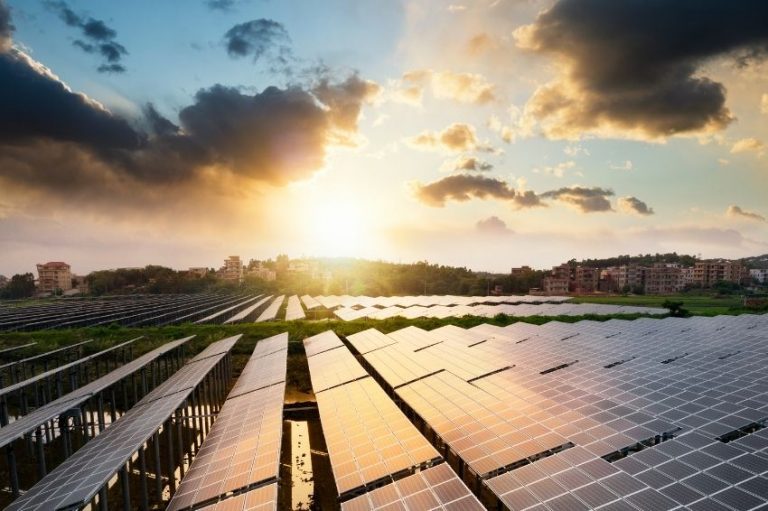In the same way as happened with cell phones and computers, technological development and the growth in product offerings are accelerating the dissemination of solar energy throughout the world.
Solar energy is driven by the energy transformation the world is undergoing from fossil fuels towards renewable energy.
What was the scene of intense debates in past decades is now a consensus among nations: climate change requires the decarbonization of the global energy matrix.
This consensus gained even greater strength with the election of Joe Biden in the USA, who has combating climate change as the main priority of his term.
In April this year, Biden led the Global Leaders Climate Summit, in a meeting attended by the heads of state of 40 countries: the main economies on the planet, responsible for 80% of CO₂ emissions, representatives of the nations most vulnerable to global warming, as well as countries that lead environmental preservation actions.
World leaders agree that we are experiencing an economic revolution that brings immense opportunities to the global economy. New technologies, markets and business models are flourishing in the wake of the energy transformation towards renewable energy.
The global supply of photovoltaic equipment, for example, has grown and diversified, favoring market supply, promoting cost reduction and attracting investment. The same path is being followed by storage technologies.
In Brazil, the solar market is mature and is a very important player in the national economy. Distributed solar energy is present in 95% of the 5,570 Brazilian municipalities. There are today more than 470 thousand installations that together reach 5.5 GW in installed power.
Energy that was financed directly by consumers, promoting savings in long-distance transmission, in addition to contributing to preserving the level of hydroelectric reservoirs, minimizing the use of thermal plants, delaying the application of tariff flags on the energy bill.
In order for the penetration of solar energy to grow in this way, in recent years the financing offer for distributed generation has expanded significantly. In addition to the large banks, there are dozens of fintechs competing in the growing market for financing lines for solar energy.
As a result, small consumers have access to resources to effectively produce their own electricity. Today, there are great options for installing a solar system, using a minimum outlay of your own resources.
In addition to benefiting everyone who invests in and consumes electricity, solar energy also creates many jobs, a relief in times of economic crisis. The distributed generation sector, which grew by 60% in 2020, currently generates more than 250 thousand jobs across the country.
Distributed generation is of broad interest to Brazilian society and, therefore, will be regulated by its own legislation, discussed in the National Congress. All of this makes solar energy the democratic solution par excellence.
Read too: PL 5829 is removed from the agenda due to lack of consensus among parliamentarians
The pioneers, who built the solar market in Brazil panel by panel, are now certain that the hard journey to get here was worth it. They also know that we are ready for the next leap.
















